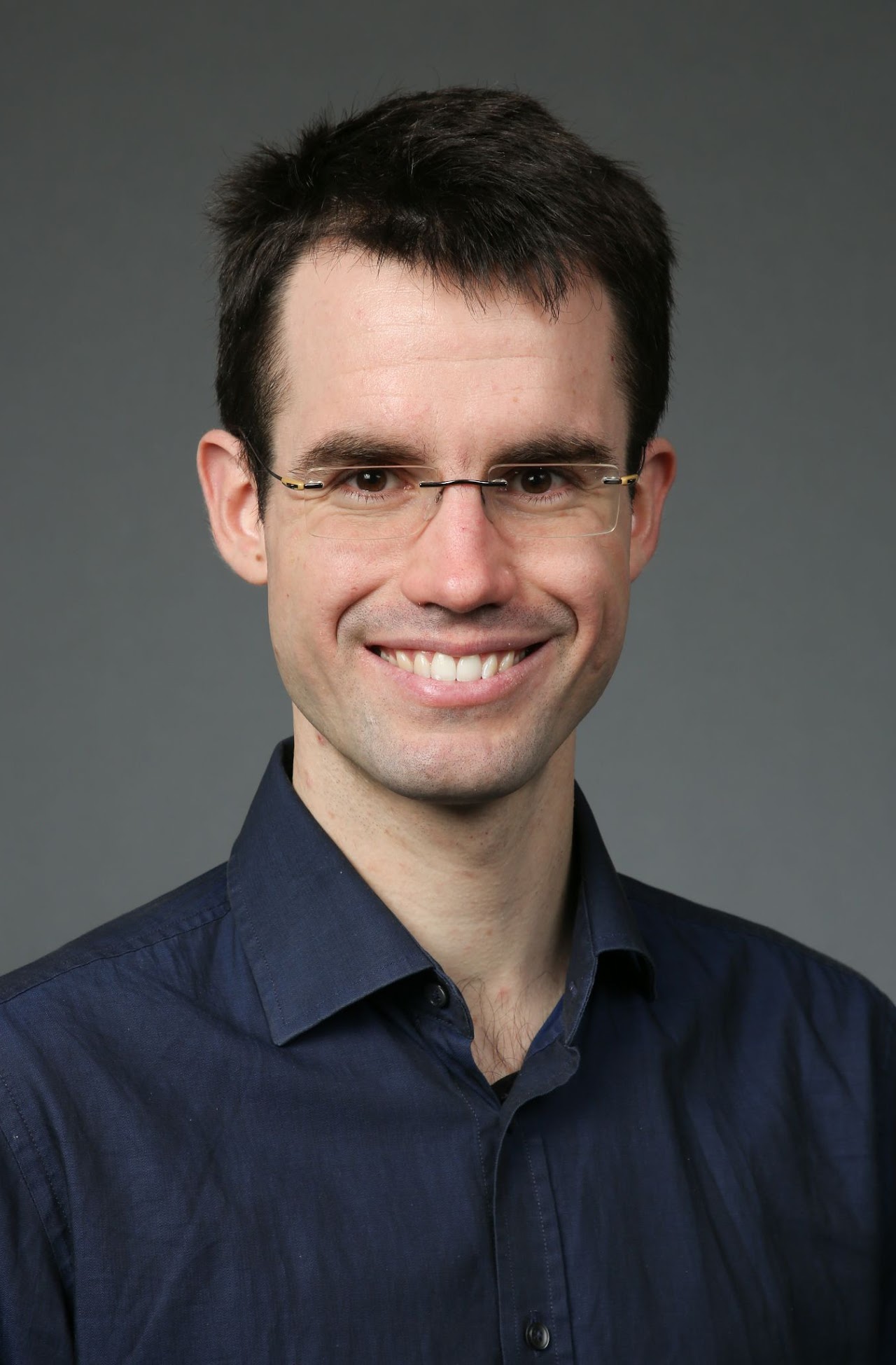Robust optimization and the law: Reducing battery mineral use through vehicle-to-grid
Abstract
The global energy transition relies increasingly on lithium-ion batteries for electric transportation and renewable energy integration. Given the highly concentrated supply chain of battery materials, importing regions have a strategic imperative to reduce their reliance on battery (material) imports. We investigate the potential of vehicle-to-grid to reduce resource use by displacing new stationary batteries dedicated to grid storage. Based on dynamic material flow analysis, we find that equipping around 50% of electric vehicles with vehicle-to-grid has the potential to fully cover the European Union’s need for stationary storage by 2040. This could reduce total primary material demand from 2020–2050 by up to 7.5%, which could ease geopolitical risks and increase the European Union’s energy and material security. From the perspective of a vehicle owner, we formulate a robust optimization problem that maximizes the expected profit from selling primary frequency regulation to the grid and guarantees that market commitments are met at all times for all frequency deviation trajectories in a functional uncertainty set that encodes applicable legislation. Faithfully modeling the energy conversion losses during battery charging and discharging renders this optimization problem nonconvex. We prove that this nonconvex robust optimization problem with functional uncertainties is equivalent to a tractable linear program and quantify the economic value of vehicle-to-grid. This talk is based on the papers On the potential of vehicle-to-grid and second-life batteries to provide energy and material security and on Reliable Frequency Regulation Through Vehicle-to-Grid: Encoding Legislation with Robust Constraints.
Speaker Bio

Dr. Dirk Lauinger is a postdoctoral associate at the MIT Energy Initiative and the Sloan School of Management researching mathematical optimization for electricity storage and transportation. At MIT, he joined Sungho Shin's group in September 2024 to work on storage investment problems, after a two year postdoc with Andy Sun on storage operations and on ARPA-E's Grid Optimization Competition. His dissertation on robust optimization for vehicle-to-grid was advised by Daniel Kuhn and François Vuille at EPFL.